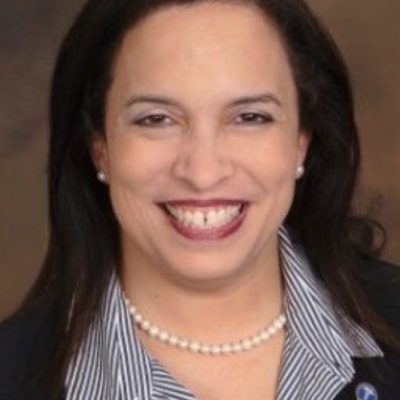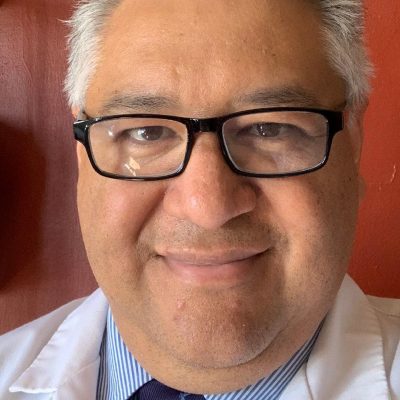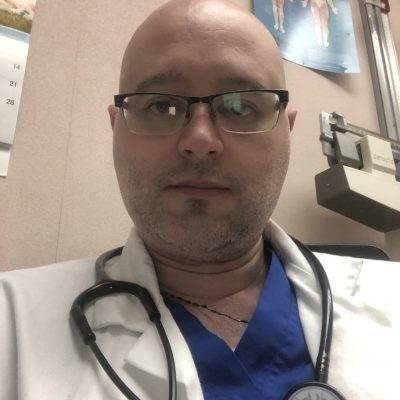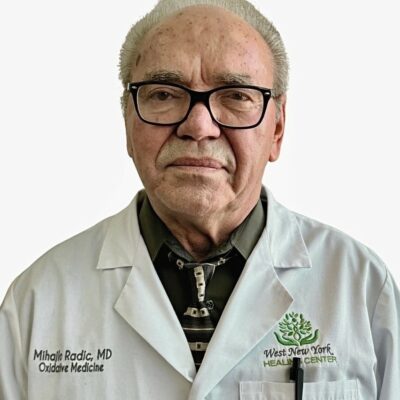About Us
In the early 2000s, a concerning trend emerged in healthcare data, revealing a notable increase in pre-analytical errors affecting patient care. Articles in reputable journals highlighted significant mistakes in various healthcare practices, raising concerns about the implementation of guidelines and standards. Despite a surge in allied healthcare graduates, errors persisted, even with increased industry certification and new state regulations mandating credentialing.
Recognizing healthcare as a contact sport, where practical skills matter, we realized the importance of assessing clinical abilities beyond written examinations. Amid challenges in patient care quality due to inadequately trained graduates contributed to costly errors, impacting patients, hospitals, providers, and the economy.
To address this issue, a dedicated group of educators and practitioners established the NCMA, a national certification agency. With a mission to reduce pre-analytical and performance errors in healthcare. With our two-part exam approach for verifying applied skills and theoretical knowledge
Industry Recognitions & Affiliations
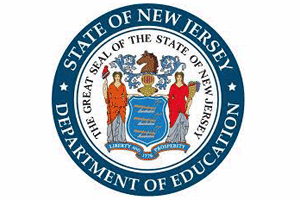
New Jersey Department of Education
The New Jersey Department of Education supports schools, educators and districts to ensure all of New Jersey’s 1.4 million students have equitable access to high quality education and achieve academic excellence.

New Jersey Division of Consumer Affairs
The New Jersey Division of Consumer Affairs (Division) protects the public from fraud, deceit and misrepresentation in the sale of goods and services. The Division developed Consumer Briefs to educate consumers about emerging frauds and topics that affect their daily lives

Center for Medicare & MedicAid Services
CMS is the federal agency that provides health coverage to more than 160 million through Medicare, Medicaid, the Children’s Health Insurance Program, and the Health Insurance Marketplace. CMS works in partnership with the entire health care community to improve quality, equity and outcomes in the health care system.
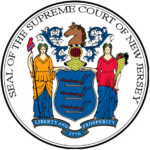
Supreme Court of New Jersey
The New Jersey Supreme Court is the state’s highest appellate court. Supreme Court decisions and oral arguments help lay the foundation for interpreting and applying state laws.
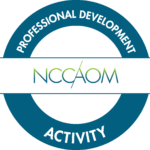
NCCAOM
NCCAOM is the only national organization that validates entry-level competency in the practice of acupuncture and herbal medicine (AHM) through professional certification.

Career Source Florida
CareerSource Florida is the statewide workforce policy and investment board. Our partners include the Department of Commerce, local workforce development boards and career centers located throughout Florida.


